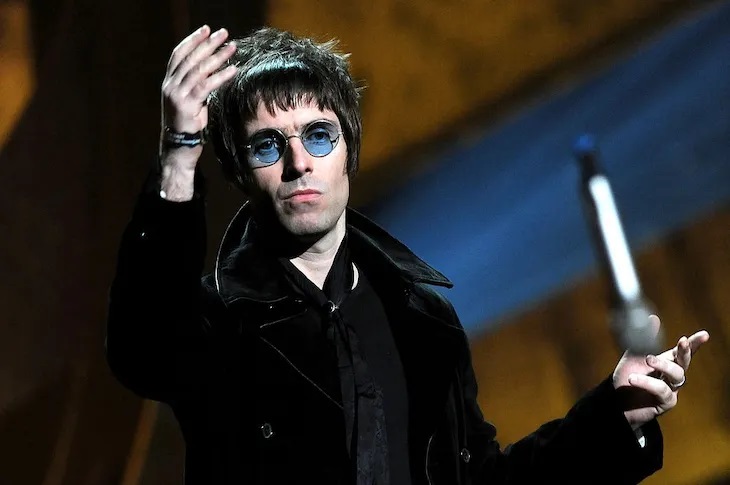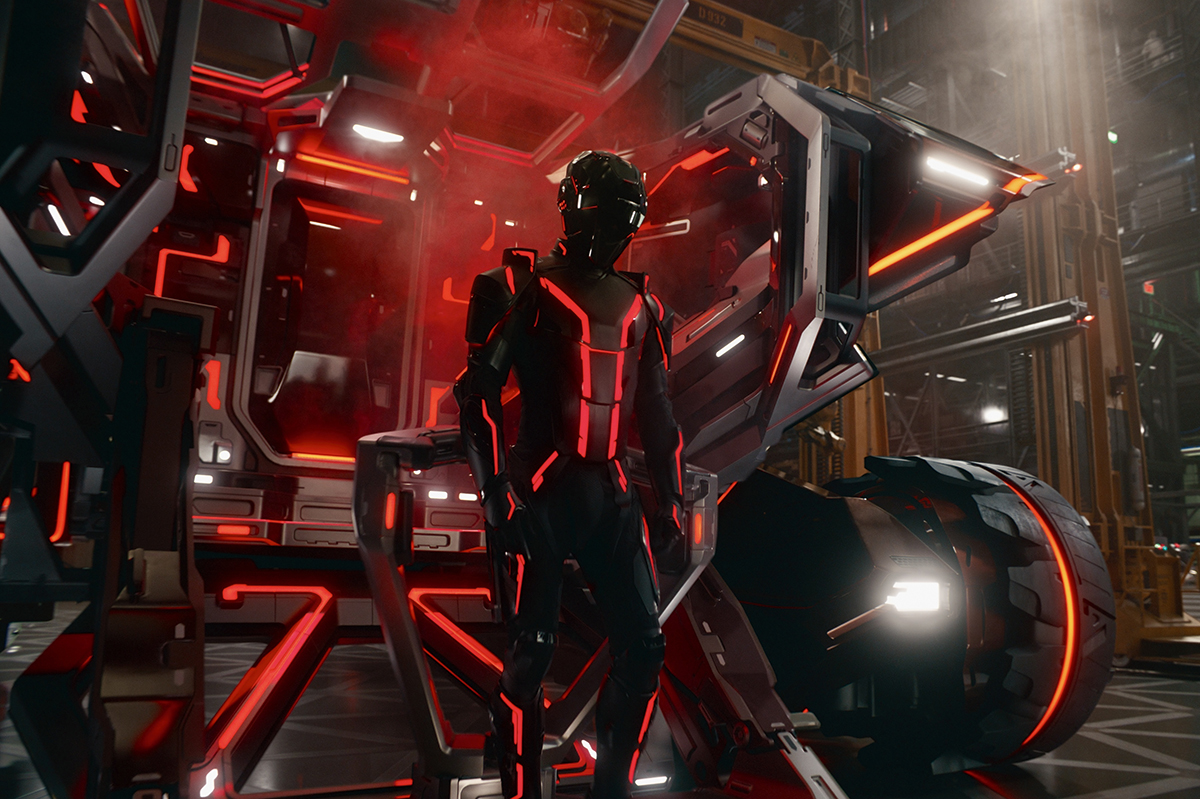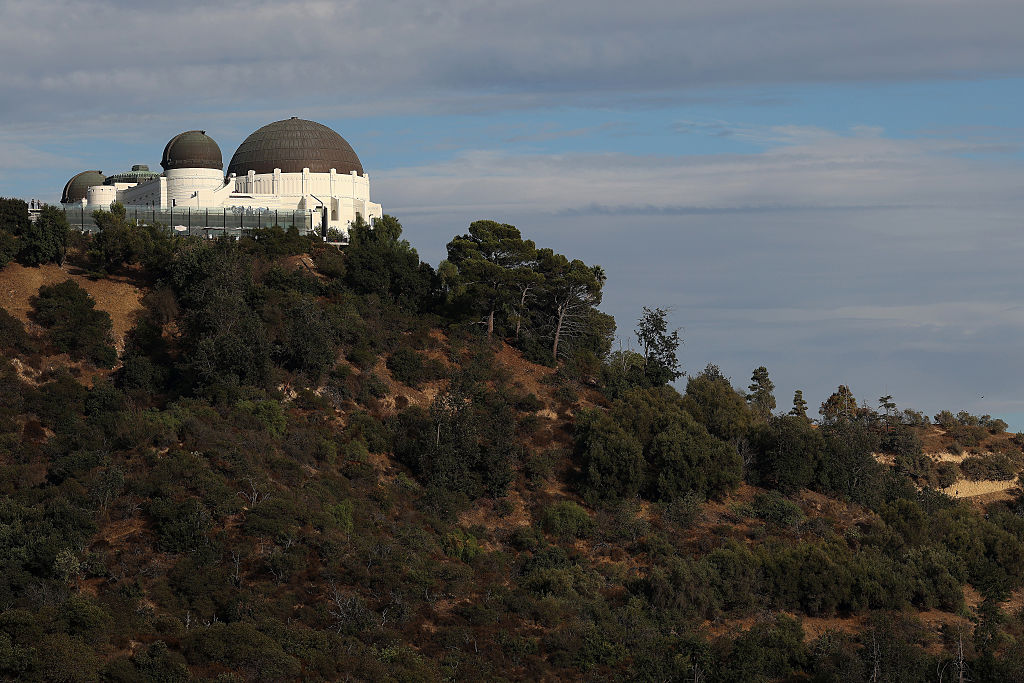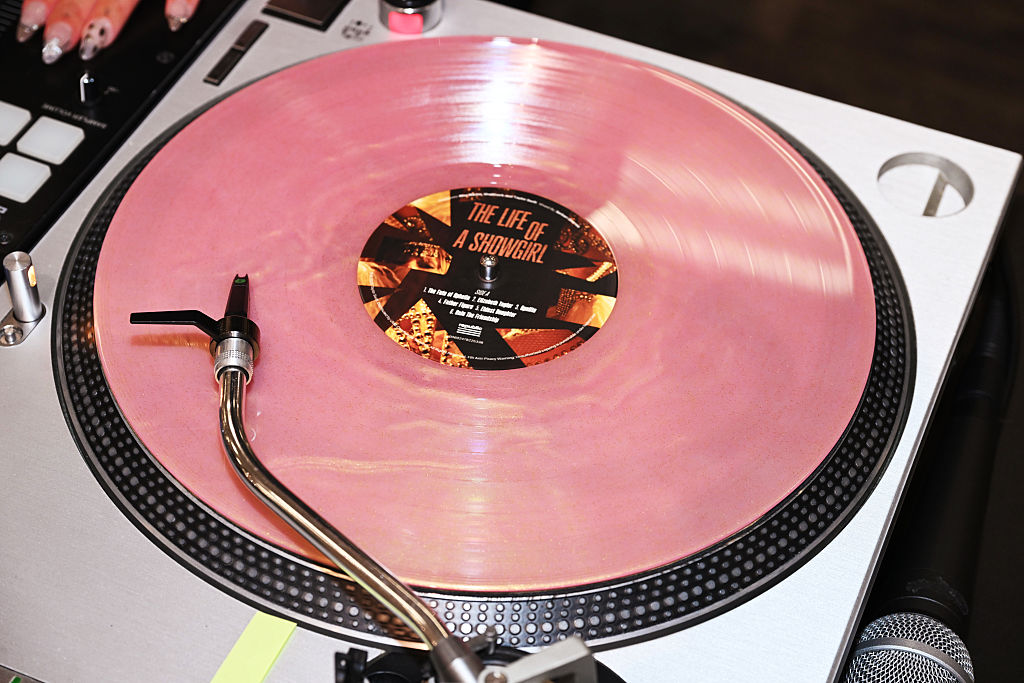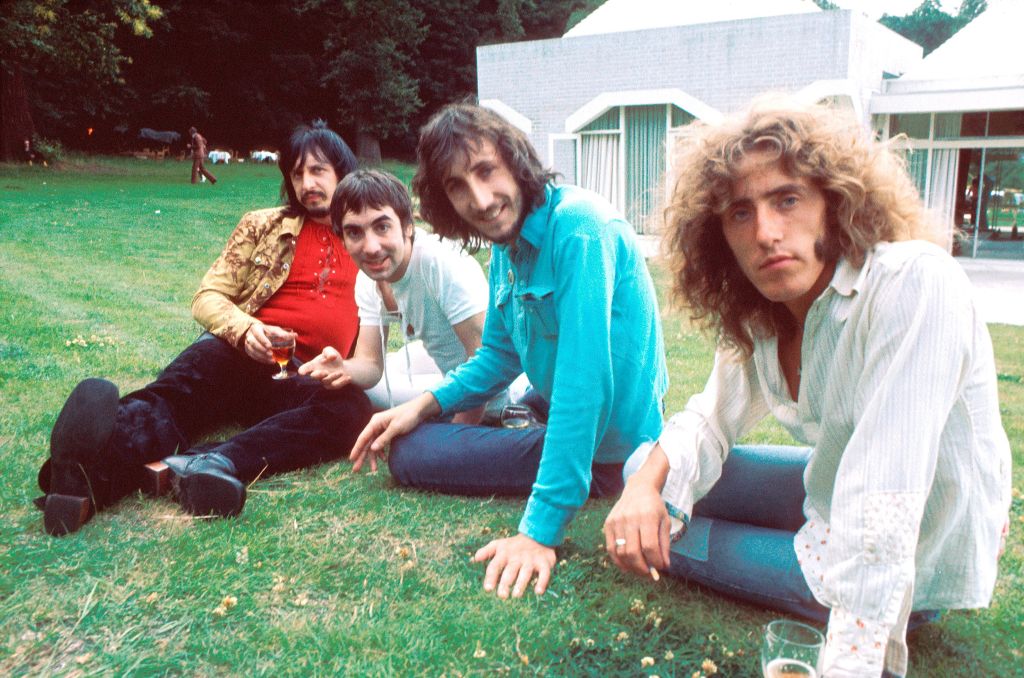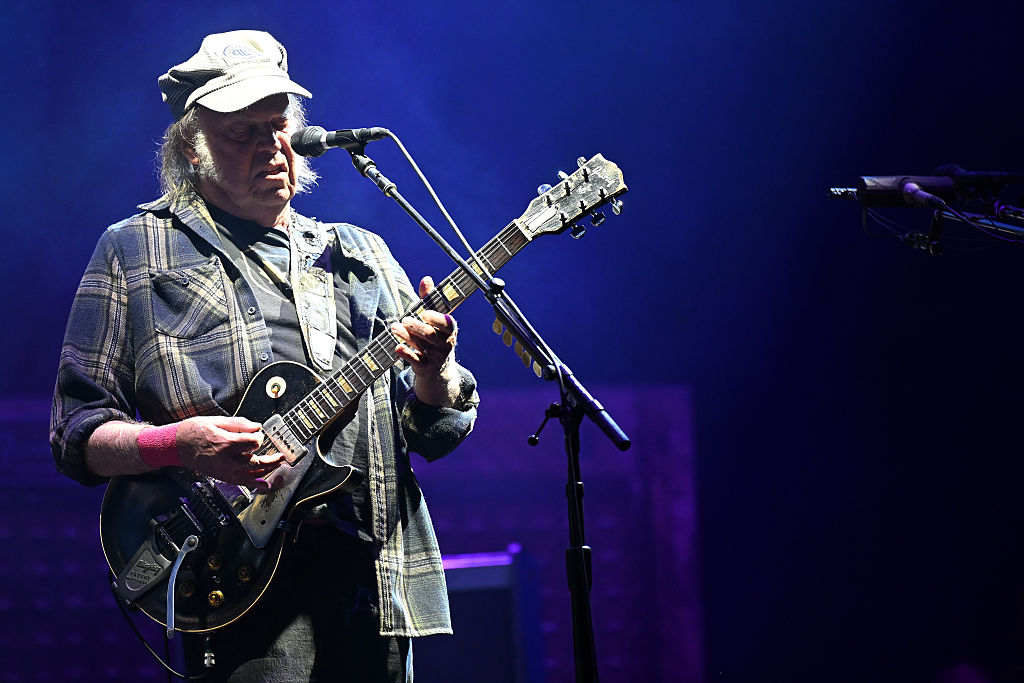Twenty years ago, I suffered through seeing Oasis perform at Glastonbury. It remains one of the worst, if not the worst, large-scale gigs of its kind that I have ever been to. Liam Gallagher had all the animation and charm of an Easter Island statue, standing stock-still in the center of the stage and looking as if he’d like to fight every member of the audience. Noel, songwriter and supposed talent behind the band, played his guitar and occasionally sang with an expression of clenched pain on his face, as if he was suffering from unusually persistent hemorrhoids.
The set list was plodding and predictable, played indifferently by the Gallaghers and the hired help, and the overall impression was that of a group who could no longer be bothered. Five years later they split after a fight backstage before a gig. Many expressed surprise it took them so long.
Personally, I doubt that Oasis will have improved as a live act since 2004
Now, Oasis are reforming for a series of mega-gigs in 2025, to celebrate the thirtieth anniversary of their most famous album, (What’s The Story) Morning Glory? They are playing five nights at Britain’s Wembley Stadium and another four at Manchester’s Heaton Park. Whether or not further gigs are announced internationally, these gigs will supposedly net the Gallagher brothers around $65 million; an amount that will presumably compensate for their much-publicized fraternal falling-out.
The music industry has changed immeasurably in the past fifteen years. Once, Oasis would have had to record a new album to justify the scale and expense of concerts like this, but now that music sales are a fraction of what they were in the band’s heyday, they can get away with simply playing the hits, both from Morning Glory and their other six studio albums.
It will not have escaped the Gallaghers’ attention that their one-time Britpop rivals Blur played two well-received concerts at Wembley Stadium last year. The opportunity to put their (many) differences behind them, call a truce to the public sniping that both have engaged in for the past decade and a half and make a fortune appears to be too tempting to pass up.
Personally, I doubt that Oasis will have improved as a live act since 2004. Both Gallagher brothers have continued solo careers. Liam has had greater success, because he has been more willing to accommodate Oasis songs in his sets and toured their debut album, Definitely Maybe, by himself earlier this year. But neither is a vitally exciting presence on stage. Instead, audiences will get what they have paid presumably sky-high ticket prices for: lumpen, meat “n” potatoes rock that “homages” (read: rips off) everyone from post-Beatles John Lennon to Slade and T. Rex. There will be mass singalongs and Liam will, undoubtedly, stand stock-still in the center of the stage, soaking up the adulation.
Yet let’s be quite clear. It is not Oasis themselves who are the real issue here, but their admirers. Ever since the band emerged with their first album three decades ago, they attracted a fanbase who could be pigeonholed in very specific ways. Working class soccer aficionados who liked to drink several pints of lager, they had been looking for decades for a group that would be “their” band. The Smiths were too intellectual and arch, the Stone Roses imploded too quickly and the likes of Suede and Radiohead were too miserabilist and, it must be said, southern and middle-class. There was a need, verging on desperation, for a shallow, aggressive bunch of musicians whose songs were derivative, boasted choruses that could be chanted mindlessly on soccer fields, and whose public charmlessness and gracelessness were seen as positive, rather than negative, attributes. Oasis were, indeed, the people’s band.
These people will be turning out, in their hundreds of thousands, to the gigs next year. They will be older, grayer and paunchier than they were in the band’s heyday, but they will still be wearing their soccer shirts and drinking their gallons of Stella, wielding their single-word nicknames like badges of honor and hoping to set off a few fireworks and throw a few plastic pint glasses full of urine around to celebrate the return of their idols. I sincerely hope that every single one of them has the time of their lives. As for myself, I’ll be somewhere a long, long way away, furtively listening to my Blur and Suede records, and hoping that the whole lucrative, miserable shebang passes by without unnecessary incident and is never to be repeated.
Noel Gallagher once sang, on one of their better songs, “Please don’t put your life in the hands of a rock and roll band.” It’s advice that their fans should have listened to, but their heroes are back, and mean business. Anyone who really loves music should be dreading it.
This article was originally published on The Spectator’s UK website.



